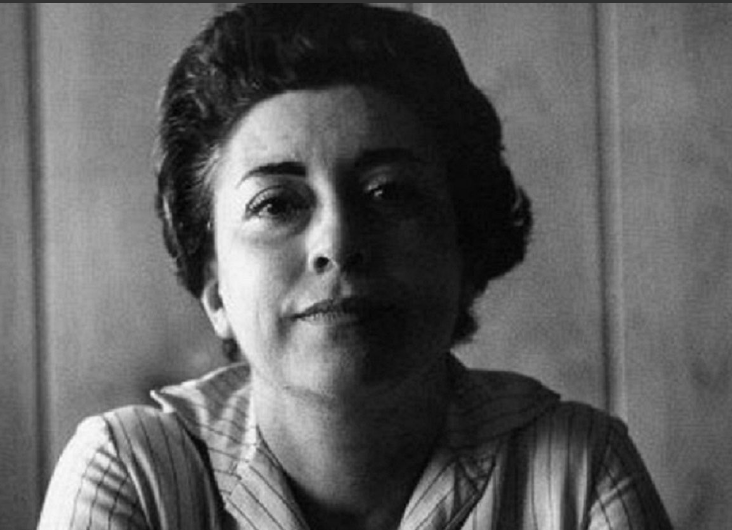Inspiration September 7, 2017
Viva las mujeres!


When scholars talk about prominent women in Mexican art and literature, they don’t just talk about Frida Kahlo. Rosario Castellanos was one of the most important female Mexican writers in history. She wrote various kinds of works that included poems, essays, short stories and novels.
But although she was a significant figure in Spanish literature, not much is known about her.
So, ENTITY’s here to share five facts about escritora feminista Rosario Castellanos.
The feminist writer learned from childhood that men are valued more than women in the family.
Beth Miller wrote in the 13th issue of Literature and Arts of the Americas that Castellanos had once said, “I had a brother a year younger than I. He was born with a privilege that no one could dispute: he was male. But in order to maintain a certain equilibrium in our relationship, our parents recognized that the right to primogeniture had fallen to me. And that if he won people over with his charm, intelligence, and easy going nature, I, however, had whiter skin.”
Rosario Castellanos grew up on a ranch in Chiapas, Mexico near the Guatemalan border. The Castellanos family moved to Mexico city, however, because the government had seized their land in the 1930s as part of the land reform program.
Castellanos was one of the first female writers to showcase the female Mexican viewpoint.
She describes in her book “Nine Guardians” that there is shame that comes with being female in a Mexican family. And at the same time, Castellanos offers the added shame that comes with being a Native in a European-dominated society. She focuses on the life of a Mayan nursemaid who is barefoot and illiterate. Through the nursemaid, readers gain awareness of the harsh treatment towards the Native people of Mexico.
In a number of her books, Castellanos speaks of the adversaries that indigenous people experience. In her book “Oficio de Tinieblas,” which translates to “Office of Darkness,” she references the Chamula tribe uprising in the late 1800s. The book focuses on a Native woman using her shaman powers to rebel against the Mexican government.
El Universal reported that actress Tessa La plays young Rosario Castellanos in the biopic “Los Adioses” or “The Farewells.” So far, La has read Castellanos’ university thesis to prepare for her role as the famous writer.
Director Natalia Beristain commented on the release of the movie in 2016.
“We have been filming on our own time, in spectacular places, places that we did not otherwise open. I hope everyone can come and see the film, people are absolutely warm as their climate,” said Beristain.
Castellanos was believed to die “as the result of an electric shock from a malfunctioning table lamp,” reported the Israeli state news agency. Supposedly, the lamp wiring was not properly insulated. During that time, she was living in the coastal city of Herzliya.
Although she’s no longer with us, we will definitely remember her legacy as a great feminist writer of color. In in her memory, we leave you with one of our favorite quotes by her: “It’s not good enough to imitate the models proposed for us that are answers to circumstances other than our own. It isn’t even enough to discover who we are. We have to invent ourselves.”